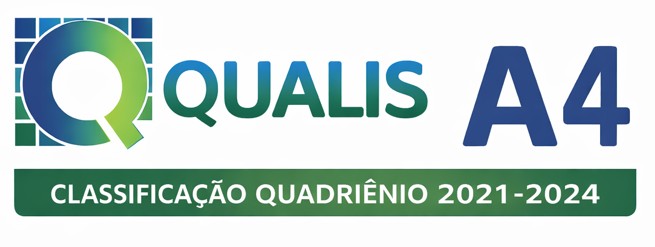Educação inclusiva e dificuldades de aprendizagem: a visão de docentes da Secretaria de Estado de Educação do Distrito Federal
Keywords:
Dificuldades de Aprendizagem, Ensino, Educação Inclusiva, DidáticaAbstract
Na condição de docente e pedagoga do Serviço Especializado de Apoio à Aprendizagem, tenho me deparado com inúmeras questões referentes à aprendizagem dos estudantes do Ensino Fundamental, tais como: de que forma os docentes lidam didaticamente com as dificuldades de aprendizagem? Como se comportam diante da temática da educação inclusiva? A partir dessas questões norteadoras surgiu este estudo, que teve por objetivo analisar as concepções de professores acerca das dificuldades de aprendizagem dos estudantes, bem como a forma de lidar com essas situações no ambiente de aprendizagem no contexto de uma educação inclusiva. A fundamentação teórica encontra-se pautada em Piaget (1971), Pulaski (1983), Vygotski (2010), Mello (2004) e outros autores, quanto às categorias Aprendizagem, Ensino e Didática. Metodologicamente, trata-se de uma pesquisa de abordagem qualitativa, com aplicação de questionários (GIL, 1984). Os resultados mostraram que os professores compreendem três concepções distintas de dificuldades de aprendizagem: assimilar conteúdos, incapacidade em assuntos específicos e obstáculos durante o processo de aprendizagem, como: dificuldade na escrita, na leitura, na fala, na concentração e em cálculos matemáticos. Verificou-se, também, a partir das legislações referentes à inclusão, citadas no documento Currículo em Movimento da Educação Básica - Educação Especial (DISTRITO FEDERAL, 2014), que a atuação da SEEDF está centrada na proposta inclusiva, na superação das dificuldades, na realização de intervenções e na busca por apoio em instituições sociais, como a família e a escola. Nesse sentido, conclui-se que há uma necessidade de conhecimento de estratégias voltadas para as dificuldades de aprendizagem para um maior aprofundamento sobre a forma de lidar metodologicamente com essas dificuldades em um contexto de inclusão escolar.
Palavras–chave: Dificuldades de Aprendizagem. Ensino. Educação Inclusiva. Didática.
Inclusive education and learning difficulties: the view of teachers from the State Department of Education of the Federal District
Abstract: As a teacher and pedagogue of the Specialized Learning Support Service, I have been faced with numerous questions regarding the learning of elementary school students, such as: how do teachers deal didactically with learning difficulties? How do they behave towards the theme of inclusive education? From these guiding questions emerged this study, which aimed to analyze the conceptions of teachers about students' learning difficulties, as well as how to deal with these situations in the learning environment in the context of an inclusive education. The theoretical foundation is based on Piaget (1971), Pulaski (1983), Vygotski (2010), Mello (2004) and other authors, regarding the categories Learning, Teaching and Didactics. Methodologically, it is a qualitative approach research, with the application of questionnaires (GIL, 1984). The results showed that teachers understand three distinct conceptions of learning difficulties: assimilating content, inability in specific subjects and obstacles during the learning process, such as: difficulties in writing, reading, speaking, concentrating and in mathematical calculations. It was also verified, from the legislation referring to inclusion, mentioned in the document Curriculum in Movement of Basic Education - Special Education (DISTRITO FEDERAL, 2014), that the performance of the SEEDF is centered on the inclusive proposal, on overcoming difficulties, on carrying out interventions and seeking support in social institutions such as family and school. In this sense, it is concluded that there is a need for knowledge of strategies aimed at learning difficulties for a deeper understanding of how to methodologically deal with these difficulties in a context of school inclusion.
Keywords: Learning Disabilities. Teaching. Inclusive education. Didactics.










